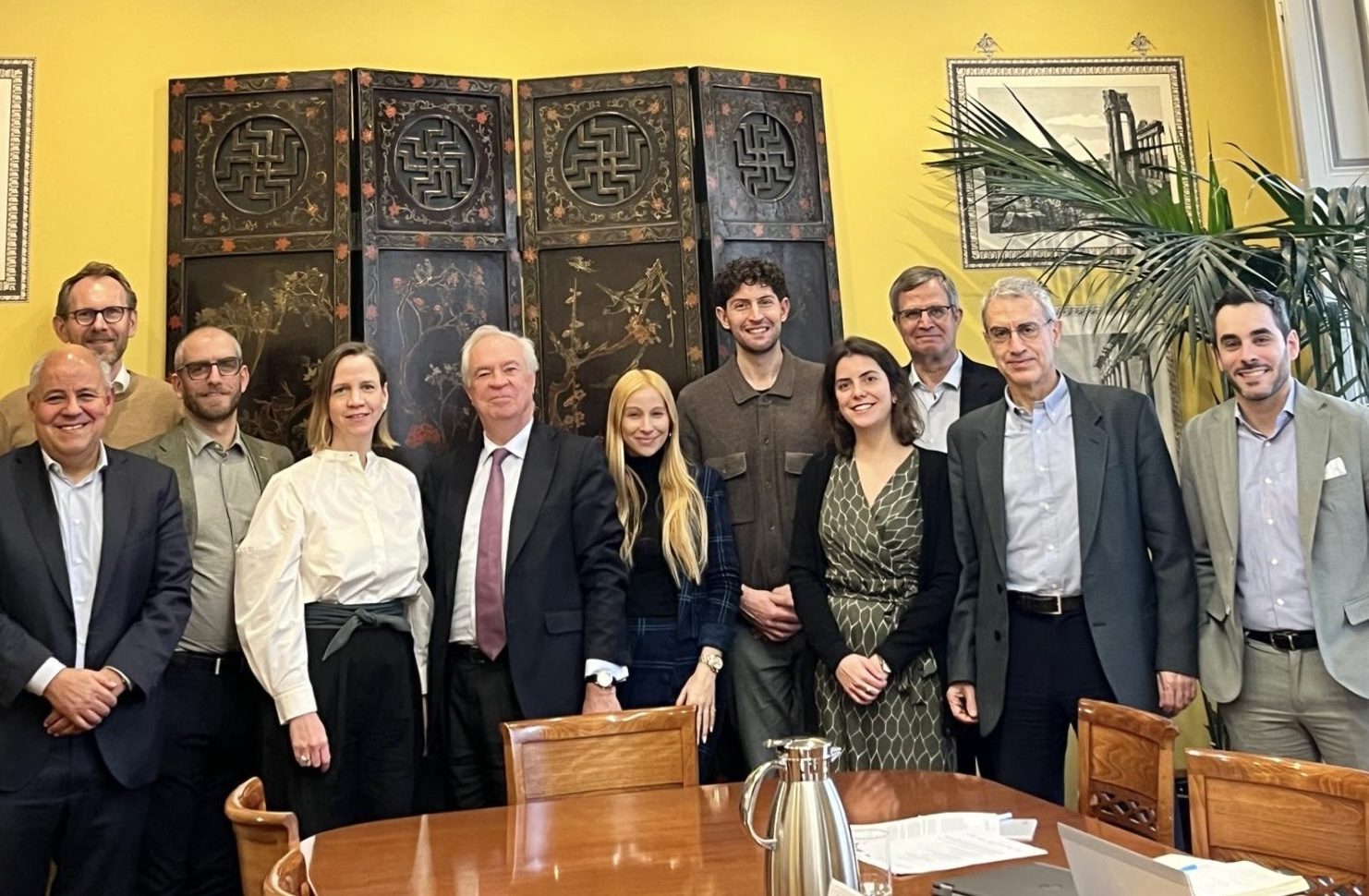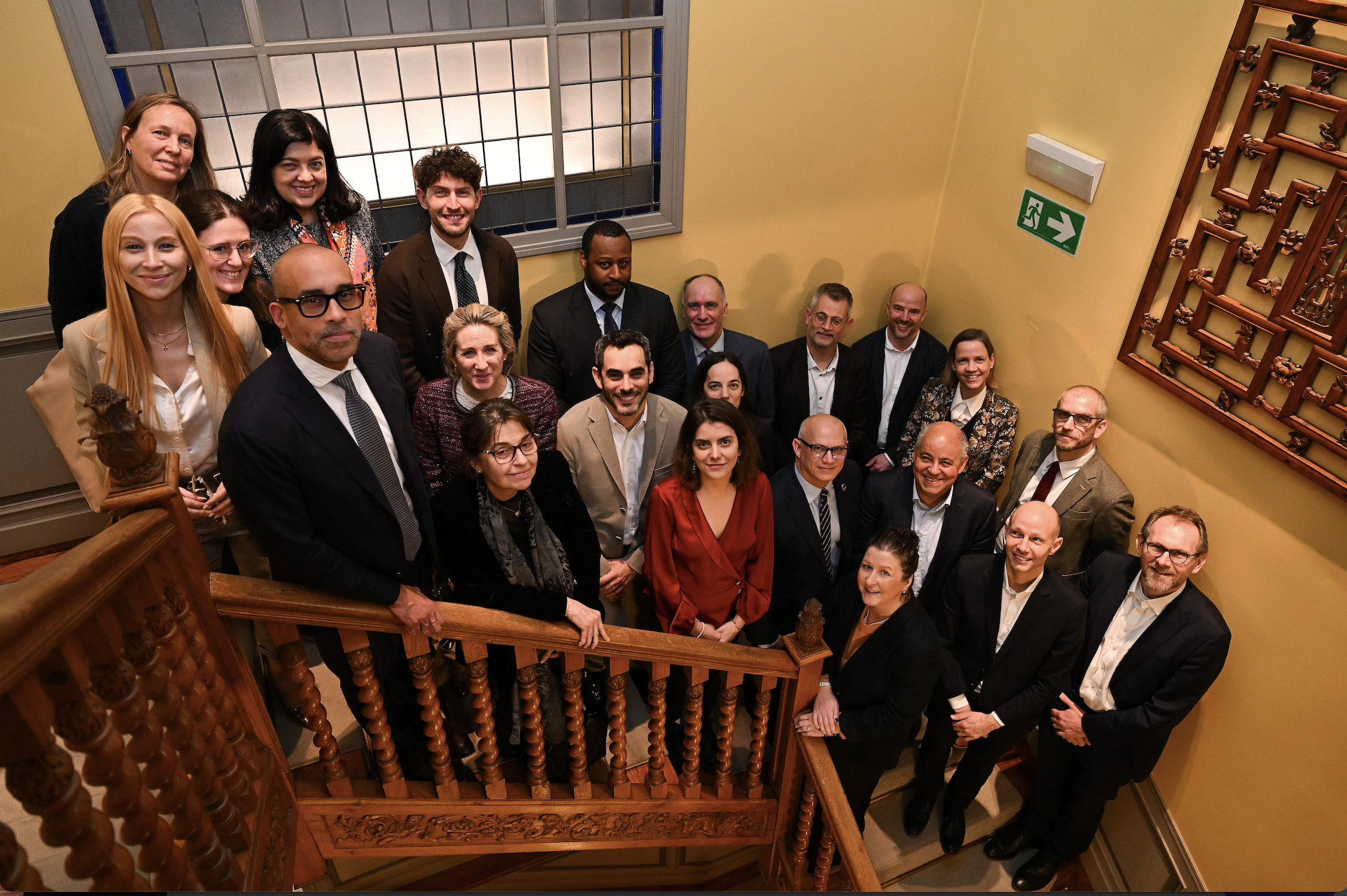Since its foundation in 1999, the Group of 20 (G20) has developed from informal meetings of finance ministers and heads of central banks into the arguably most powerful forum addressing a wide range of global challenges. But currently, global cooperation itself is under threat, challenged by nationalism, populism, and post-factual thinking. Human wellbeing, peace, security, and the stability of the Earth system are at a crossroads. Is the G20 still able to shape an interconnected, sustainable world? Over the years, the G20’s working structure has become increasingly complex and diversified. Insisting on the flexibility provided by voluntary cooperation, the number of G20 work streams and working groups and their output in the form of actions plans, policy guidelines or high-level principles has proliferated over the years. Just as importantly, input into the process has also been given, for a couple of years, by a series of “engagement groups” representing e.g. business (B20), civil society (C20), labor (L20), women (W20) or the youth (Y20). A particular role is hereby assigned to the T20 process bringing together leading research institutes and think tanks from G20 countries in an independent, open network. While other engagement groups are designed to represent specific interests, the T20 are called upon to feed the “G20 world” with recommendations and proposals based upon empirical evidence that is elaborated in transnational scientific networks. The T20 thus is in a unique position to help shape global policy-making.
Against this background, the Representation of North Rhine-Westphalia to the European Union and the German Development Institute / Deutsches Institut für Entwicklungspolitik (DIE), co-chair of the T20 under the 2017 German Presidency of the G20, presented a discussion event that reviewed the activities of the G20 under the German Presidency, starting from the specific perspectives of think tanks. The event reflected and discussed the results of the German G20 Presidency in particular from the perspective of the European Union, the impact of think tanks and research institutes on shaping the G20’s agenda and outcomes.
Welcome address
- Stephan Holthoff-Pförtner, Minister for Europe and International relations of North Rhine-Westphalia
Keynote address
- Dirk Messner, Director, German Development Institute / Deutsches Institut für Entwicklungspolitik (DIE) and co-chair of the T20 under the German Presidency
Panel
- Antoine Kasel, Member of the Cabinet and Sherpa of the President of the European Commission
- David McAllister, Member of the European Parliament (EPP) and Chair of the Foreign Committee
- Dirk Messner, Director, German Development Institute / Deutsches Institut für Entwick-lungspolitik (DIE)
- Guntram B. Wolff, Director of Bruegel





